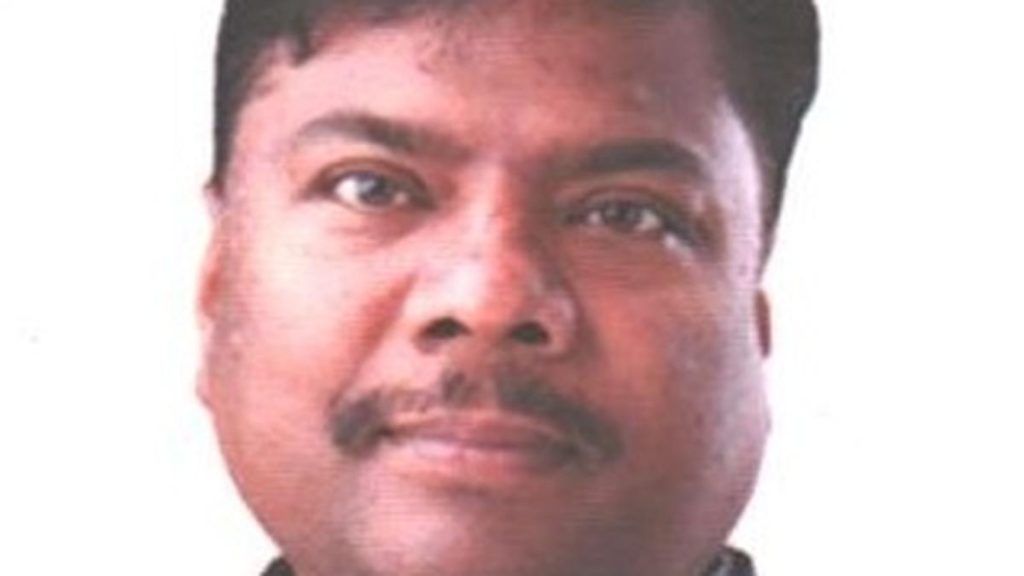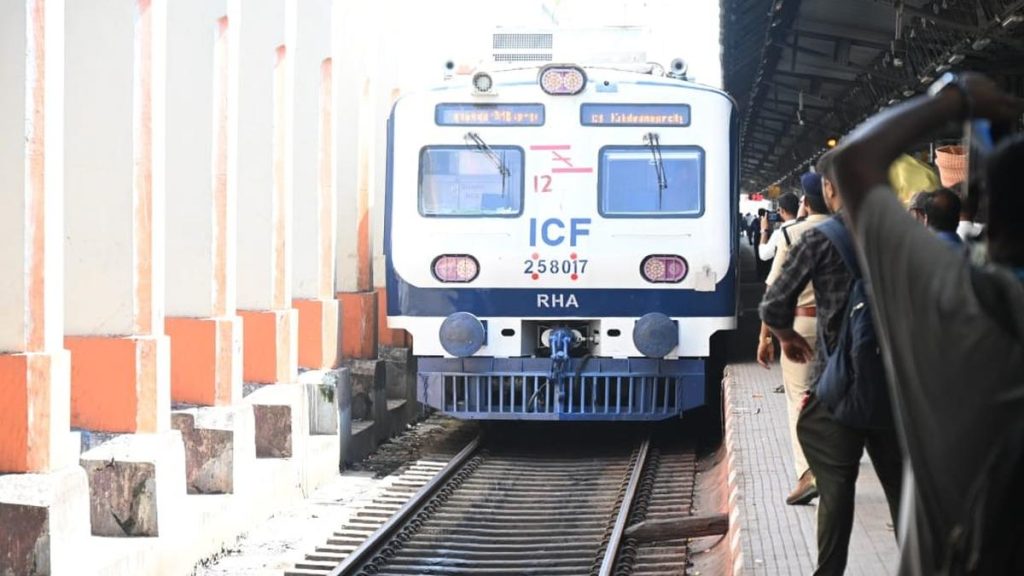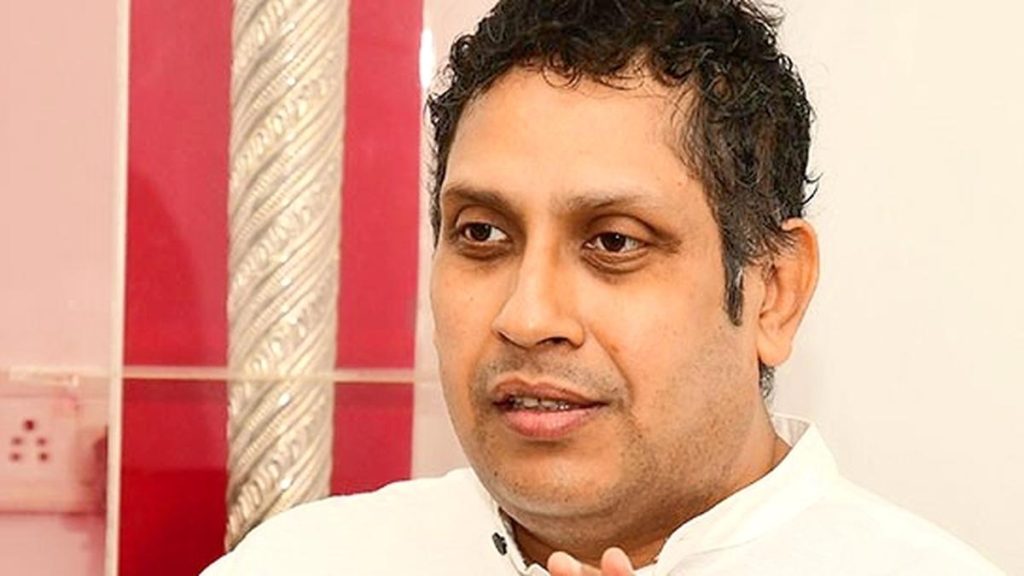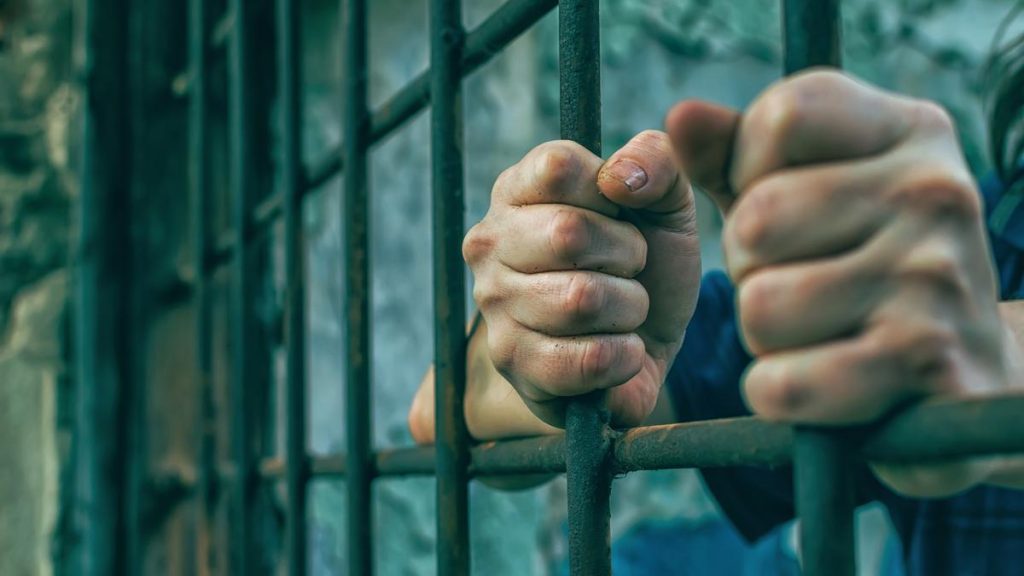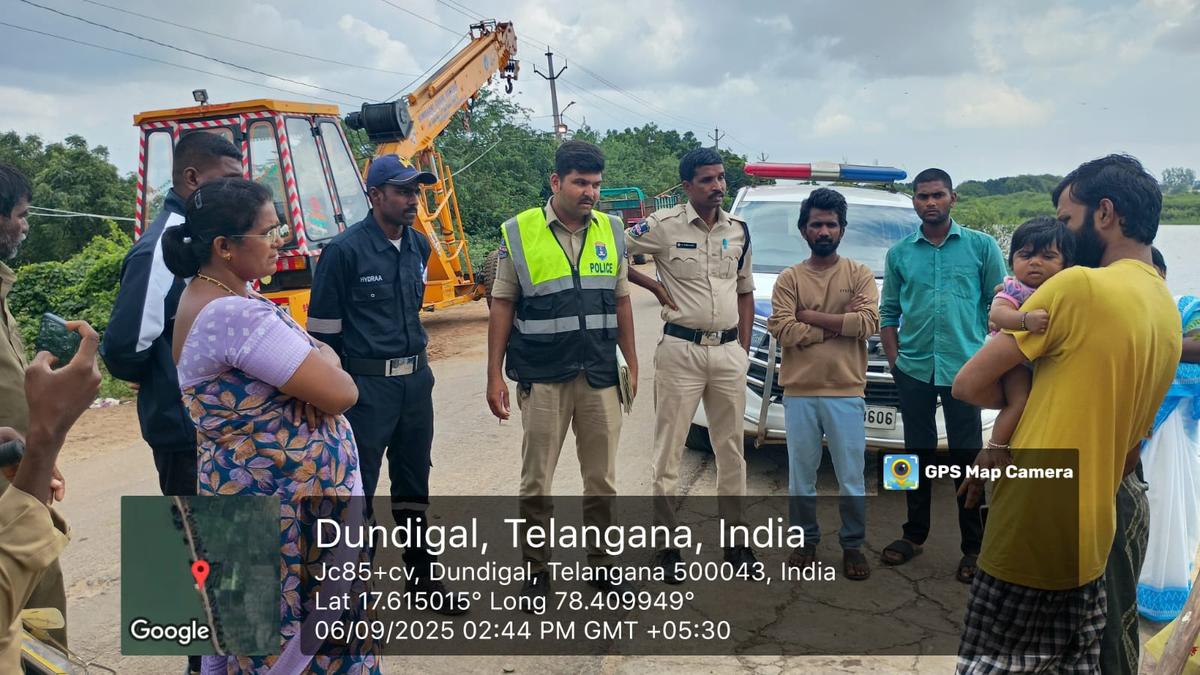Now Reading: Criminal Justice System Itself Becoming Punitive: Ex-CJI N.V. Ramana
-
01
Criminal Justice System Itself Becoming Punitive: Ex-CJI N.V. Ramana
Criminal Justice System Itself Becoming Punitive: Ex-CJI N.V. Ramana
Quick Summary
- Former Chief Justice of India N.V. Ramana, at Lexposium 2025 in Chennai, highlighted flaws in India’s criminal justice system and called for fundamental reforms.
- He noted the judicial process often leads to acquittals after prolonged incarceration without bail due to delays in investigations and accountability issues with police and public prosecutors.
- Challenges such as case pendencies (5.02 crore cases by July 2023), high litigation costs, procedural complexities, and poorly drafted laws erode public trust in the judiciary.
- Senior advocate Abhishek Manu Singhvi pointed out court vacancies contributing to case backlogs and cited six lakh undertrials detained for over five years-a serious human rights concern.
- Average bail disposal times vary significantly across states: 23 days nationally but up to 156 days in jammu & Kashmir.Conviction rates for criminal cases remain low at around 20%.
- Discussions also dwelled on balancing individual liberty versus criminal justice needs in bail applications while addressing structural inefficiencies.
Indian Opinion Analysis
The Lexposium deliberations underscore deep-rooted challenges within India’s judicial system affecting equity and efficiency of justice delivery.The backlog of over five crore cases reflects systemic inadequacies such as staffing deficits, procedural delays, high costs, inconsistent standards for bail applications across regions, and poorly crafted legislation leading to increased litigation burdens.Critics argue pendency not only denies timely resolution but constitutes a form of human rights violation through prolonged undertrial incarcerations-over six lakh individuals languishing behind bars starkly illustrates this issue’s scale. Reforming accountability structures like public prosecutors’ roles could help streamline processes but would require political will alongside administrative commitment.
With conviction rates at just 20%,there’s urgent need to prioritize merits-based-case handling over routine detention practices that compromise individual liberty unnecessarily-a point stressed by former Chief Justice Lalit during his address.Ultimately improving India’s judicial landscape necessitates collaborative efforts among lawmakers, courts, enforcement agencies such as police forces alongside ethical adherence towards protecting citizen freedoms transparently upheld constitutionally aligned implementations ahead toward equitable justice societal aspirations sought broadly.
Read more: The Hindu


